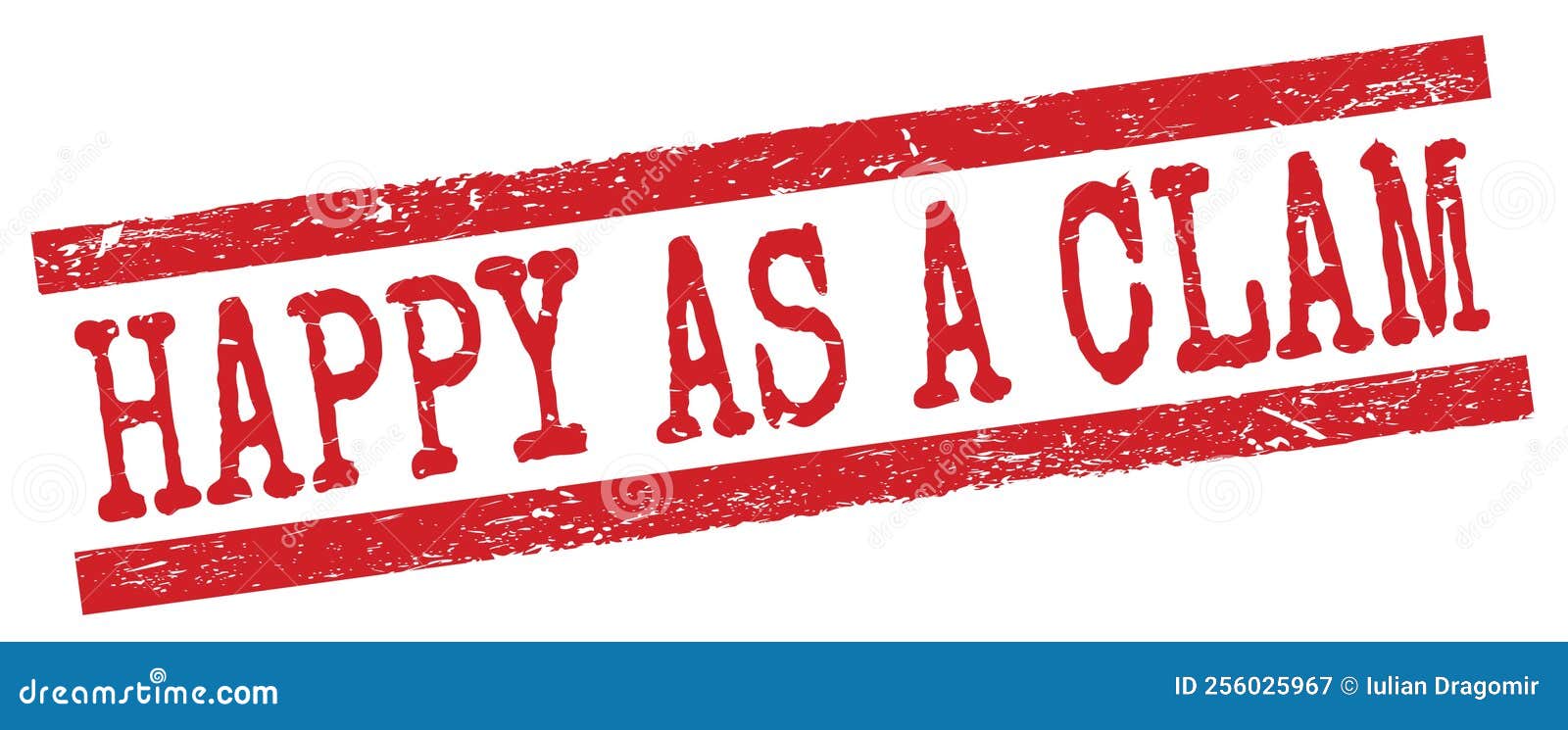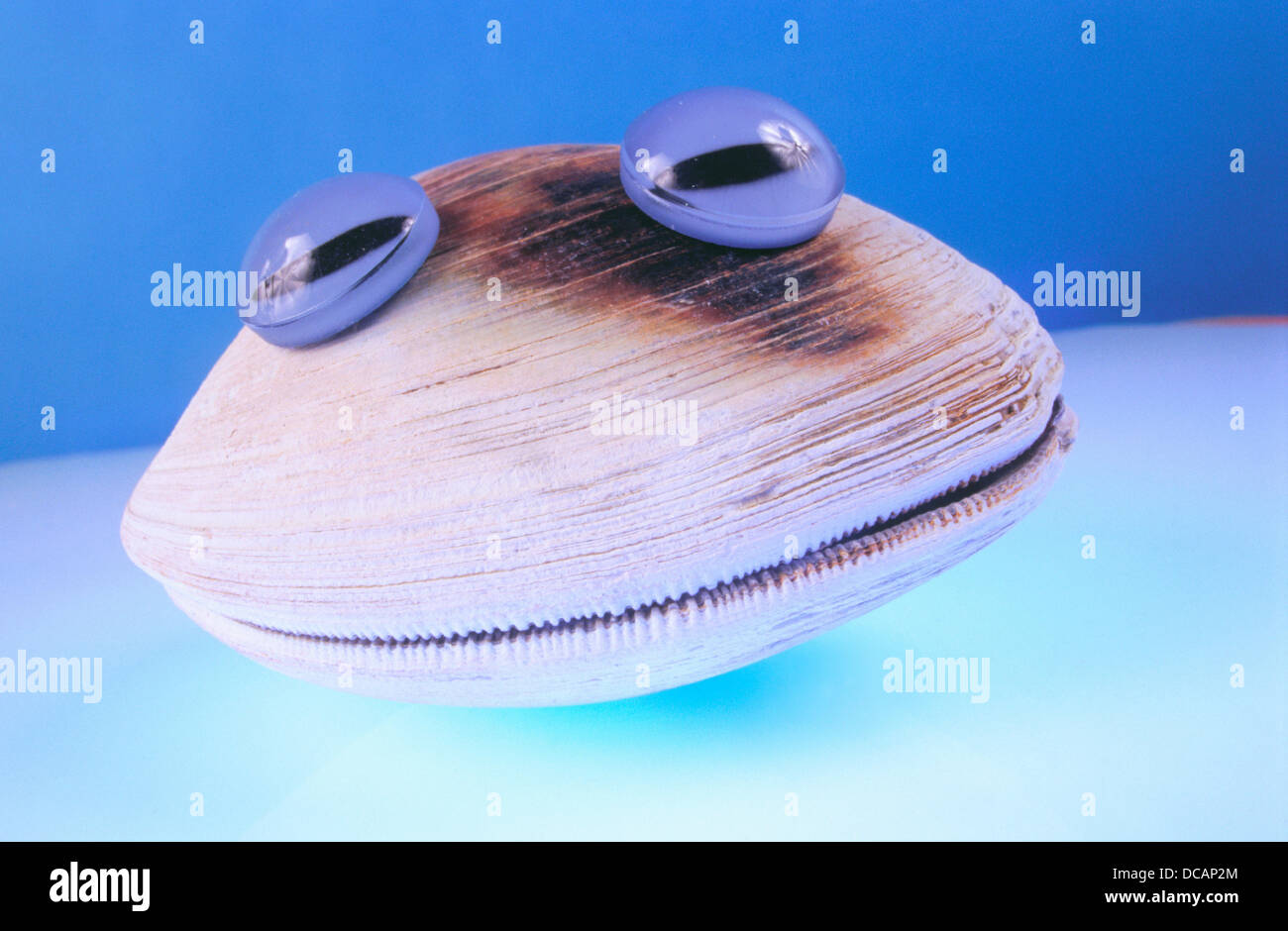Completely happy as a clam origin units the stage for this fascinating exploration, providing a journey into the phrase’s fascinating historical past and cultural context. Understanding its roots reveals a stunning depth to this seemingly easy idiom. We’ll delve into its evolution, tracing its path from its earliest usages to its trendy which means.
This idiom, deeply embedded within the English language, holds a wealth of cultural significance. Its origin is not merely an educational train; it is a window into the evolving perceptions of happiness and well-being throughout centuries. This exploration will uncover the story behind the phrase, illuminating its stunning connections to historic occasions and societal shifts.
The phrase “glad as a clam” evokes a way of contentment and well-being. However the place did this pleasant idiom originate? Delving into its roots reveals a captivating interaction of cultural context, pure remark, and linguistic evolution. This exploration will uncover the stunning historical past behind this fashionable expression.
The Position of Clams in Human Tradition
Clams, as a staple in lots of coastal cultures, have held a big place in human historical past. Their presence in diets, and later, as symbols in numerous cultures, supplies a place to begin for understanding the phrase’s origin. [Image: Historical depiction of clam consumption in various cultures]
The Linguistic Evolution of “Completely happy as a Clam”
The precise origin of “glad as a clam” is not exactly documented. Nonetheless, tracing linguistic patterns reveals a possible path to its present which means. The phrase seemingly emerged from observations of clam habits within the context of human interplay. It suggests {that a} clam’s seemingly tranquil state—buried within the sand, unbothered by the world—was perceived as a state of happiness and contentment.
Early Makes use of and Interpretations, Completely happy as a clam origin
Early makes use of of the phrase, usually present in anecdotal data or native folklore, provide a glimpse into its gradual growth. [Image: Timeline illustrating the evolution of the phrase’s use in different historical periods]
The Connection to Clam Conduct
Clams, of their pure setting, are sometimes discovered buried within the sand, exhibiting a state of obvious stillness and inactivity. This attribute seemingly performed a vital position within the phrase’s growth. The picture of a clam, undisturbed and content material in its pure habitat, could have resonated with folks in search of a way of tranquility and interior peace. [Image: Photograph of a clam in its natural environment]
Cultural Interpretations and Contexts
The phrase’s which means and utility have advanced over time, reflecting altering cultural values and interpretations. The emphasis on a peaceable, undisturbed state seemingly resonated with people in search of refuge from the complexities of every day life.
Understanding the origins of the idiom “glad as a clam” usually results in intriguing comparisons. This phrase, deeply rooted in imagery of coastal well-being, connects surprisingly to the measurement of quantity. Understanding what number of ounces are in a half-pint, for example, oz in half pint , can provide a distinct perspective on the idiom’s underlying implications. In the end, the “glad as a clam” saying suggests a state of contentedness, seemingly linked to the clam’s seemingly undisturbed existence in its pure habitat.
Social and Emotional Contexts
The phrase “glad as a clam” usually seems in informal dialog, suggesting a state of contentment and tranquility. It is regularly used to explain somebody who appears unperturbed by exterior pressures or challenges. [Image: Collage of images depicting people in relaxed and content situations]
Fashionable Utilization and Implications
At this time, the phrase “glad as a clam” stays a well-liked idiom, reflecting its enduring relevance in trendy tradition. Its continued use suggests a timeless need for a state of interior peace and contentment. The phrase’s continued relevance highlights its capability to faucet into common human feelings.
Variations and Associated Phrases
Whereas “glad as a clam” is the commonest iteration, variations exist in several cultures and areas. Exploring these variations supplies a richer understanding of the phrase’s cultural and linguistic nuances. [See also: Exploring Regional Variations of Idioms]
The phrase “glad as a clam” seemingly originated from the clam’s relaxed state, buried within the sand. Curiously, exploring three-letter phrases beginning with ‘x’ reveals a captivating array of prospects, like “axe” or “tux”. However again to clams, their seemingly contented existence seemingly impressed the favored idiom. This straightforward imagery connects us to a timeless feeling of contentment.
Conclusion: The Enduring Appeal of a Easy Phrase: Completely happy As A Clam Origin
The origin of “glad as a clam” is a captivating journey via linguistic evolution and cultural interpretation. From pure observations of clam habits to its integration into human discourse, the phrase embodies a common need for peace and contentment. The enduring attraction of this straightforward phrase underscores its relevance in our ongoing quest for happiness and well-being.
The phrase “glad as a clam” originates from the concept of clams being relaxed and content material of their shells. This relaxed state, usually related to a sense of contentment, can be linked to the abundance of “three letter v phrases” used to explain numerous emotional states. Understanding the nuances of those phrases additional enhances our comprehension of the phrase “glad as a clam” and its underlying which means, providing perception into the complexities of human feelings.
three letter v words are regularly encountered in on a regular basis language, enriching our capability to specific ourselves exactly. The idea of calm contentment, like that of a clam, turns into even clearer within the context of those phrases.

All for exploring extra idioms and their origins? [See also: A Deep Dive into the Origins of Other Popular Idioms]
Go away your ideas and questions within the feedback beneath. Share this text with others who would possibly discover it fascinating.
The phrase “glad as a clam” seemingly stems from the clam’s seemingly contented existence buried within the sand. Curiously, an analogous sentiment could be discovered within the answer to a latest crossword puzzle, in search of a clue for “flaky minerals” flaky minerals crossword clue. This implies a connection between our notion of tranquility and the pure world, echoing the enduring picture of a clam’s blissful state.
In conclusion, the journey into the origin of “glad as a clam” unveils a captivating tapestry of cultural nuances and linguistic evolution. From its seemingly nautical beginnings to its widespread use at this time, the phrase displays altering societal values and perceptions of contentment. This exploration not solely satisfies our curiosity concerning the phrase’s origins but additionally highlights the intricate interaction between language and tradition.

Key Questions Answered
What’s the literal which means of “clam” on this context?
Whereas clams are sometimes related to the ocean, the literal which means of “clam” within the phrase is not about their bodily traits. The phrase seemingly attracts on the clam’s perceived contentment and peaceable state when safely nestled in its shell, which is how the figurative which means of contentment arose.
How did this idiom turn out to be fashionable?
The phrase “glad as a clam” evokes a way of contentment, however the place did this charming idiom originate? Whereas the precise origins are considerably murky, it seemingly stems from the clam’s usually relaxed and undisturbed existence. Curiously, a fast seek for 4 letter phrases beginning with “Y” would possibly surprisingly reveal a number of phrases with much less apparent connections.
4 letter words that start with y would possibly provide a enjoyable diversion, however the core which means of “glad as a clam” stays its peaceable and unbothered nature.
The idiom’s widespread adoption is a testomony to its resonant message. Its simplicity and evocative imagery seemingly contributed to its fast unfold throughout numerous social and cultural circles. Its metaphorical nature, expressing a state of bliss and contentment, proved relatable to folks throughout completely different walks of life.
Are there regional variations in using this idiom?
Whereas the idiom “glad as a clam” is comparatively constant in its utilization throughout English-speaking areas, delicate variations in connotation or frequency of use would possibly exist in particular dialects or subcultures. Additional analysis into regional variations would offer a extra complete understanding of the idiom’s evolution and cultural implications.
